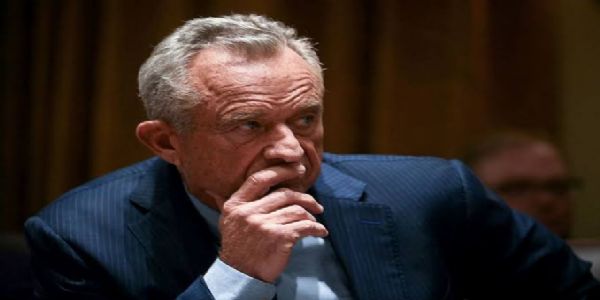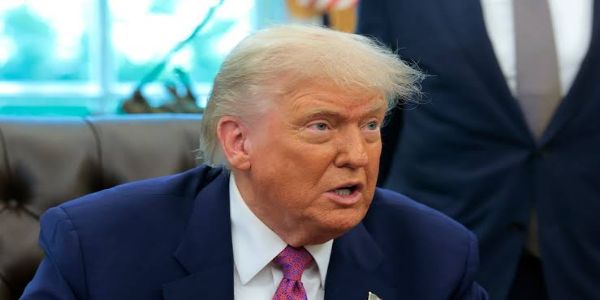
Washington, D.C., August 29(HS): A U.S. appeals court has ruled that the majority of tariffs imposed under former President Donald Trump’s administration are unlawful. The 7-4 decision by the U.S. Court of Appeals for the Federal Circuit found that Trump's use of the International Emergency Economic Powers Act (IEEPA) to justify broad tariffs on many countries, including China, Mexico, and Canada, exceeded presidential authority and violated the law. The court emphasized that the power to impose tariffs lies exclusively with Congress, not the president, and that IEEPA does not grant unlimited tariff powers.
Trump's reciprocal tariffs, which were introduced in April 2025 as part of a broad trade policy, along with other tariffs labeled necessary to address drug imports, were declared invalid. However, tariffs on steel and aluminum, enacted under different legal authority, remain unaffected. The ruling will not be enforced until October 14 to allow the Trump administration to seek Supreme Court review. Trump condemned the decision, calling it a disaster for the U.S., and expressed confidence that the Supreme Court would ultimately uphold his tariffs.
This decision follows earlier rulings from the U.S. Court of International Trade declaring the tariffs unlawful and challenges from multiple states and small businesses. The case is expected to test the limits of presidential power versus congressional authority on trade policy, with potential implications for the ongoing balance of power in U.S. governance.
While the appeals ruling is a setback for Trump’s trade agenda, the Supreme Court’s composition, with a solid Republican majority including three justices appointed by Trump himself, leaves open the possibility of a different outcome at the highest judicial level. The court’s ruling highlights the importance of explicit congressional authorization for tariffs, reinforcing that setting trade policy is fundamentally a legislative power.
The Trump administration warns that invalidating the tariffs abruptly could have severe economic consequences, including national security risks and financial instability, though these claims remain subject to judicial scrutiny. The legal dispute underscores ongoing tensions over the extent of executive power in U.S. trade and economic policy.
This case now likely advances to the U.S. Supreme Court, which will address whether Trump's expansive tariff measures represent lawful presidential action or impermissible overreach.
This ruling marks a significant moment in the legal battle over trade policy authority and could have lasting effects on how tariffs are imposed in the future.
---------------
Hindusthan Samachar / Jun Sarkar








